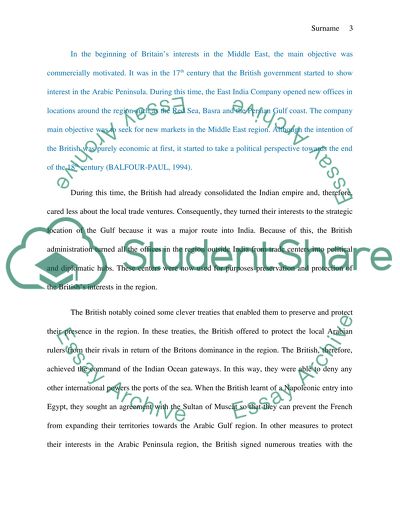Cite this document
(“British Involvement in Arabic Peninsula Dissertation”, n.d.)
Retrieved from https://studentshare.org/history/1398047-british-involvement-in-arabic-peninsula
Retrieved from https://studentshare.org/history/1398047-british-involvement-in-arabic-peninsula
(British Involvement in Arabic Peninsula Dissertation)
https://studentshare.org/history/1398047-british-involvement-in-arabic-peninsula.
https://studentshare.org/history/1398047-british-involvement-in-arabic-peninsula.
“British Involvement in Arabic Peninsula Dissertation”, n.d. https://studentshare.org/history/1398047-british-involvement-in-arabic-peninsula.


